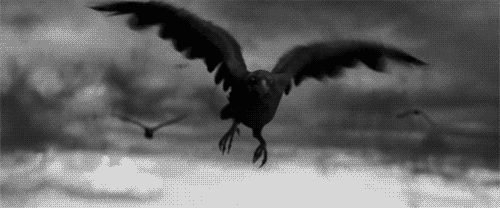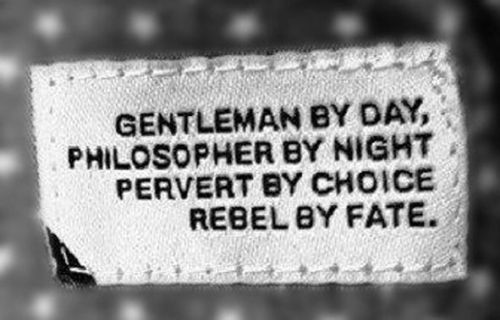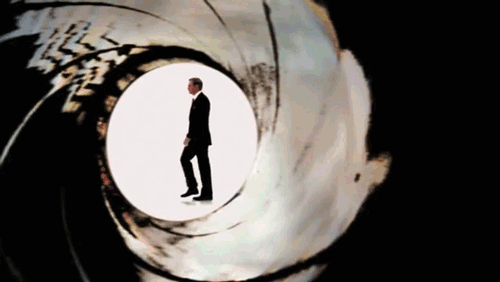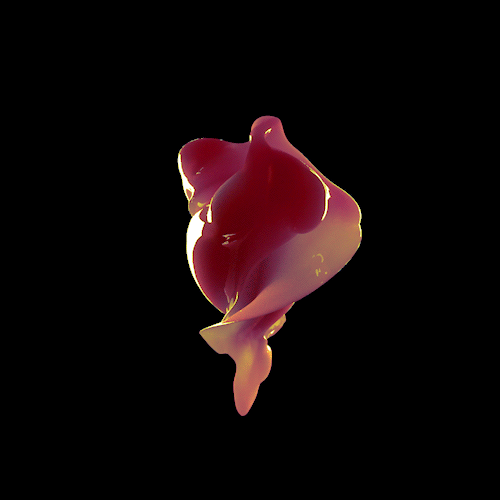The Innocents is a 1961 British horror film based on the novella The Turn of the Screw by Henry James. The title of the film was taken from William Archibald's stage adaptation of James' novella. Directed and produced by Jack Clayton, with a screenplay by Archibald and Truman Capote for additional dialogue, it stars Deborah Kerr, Michael Redgrave and Megs Jenkins.
Falling into the subgenre of psychological horror, the film makes use of its lighting, music, and direction for its effect rather than gore and shock factor. Its atmospheric feel was achieved by cinematographer Freddie Francis, who employed deep focus in many scenes, as well as bold, minimal lighting. It was filmed on location at the gothic mansion of Sheffield Park in East Sussex. The film marked the first film role for child actor Pamela Franklin.
Falling into the subgenre of psychological horror, the film makes use of its lighting, music, and direction for its effect rather than gore and shock factor. Its atmospheric feel was achieved by cinematographer Freddie Francis, who employed deep focus in many scenes, as well as bold, minimal lighting. It was filmed on location at the gothic mansion of Sheffield Park in East Sussex. The film marked the first film role for child actor Pamela Franklin.
Jack Clayton wanted this film to be different, not a repeat of the Hammer horror movies, many were running in theaters then. He used different distances between camera and objects, black and white photography by Freddie Francis, a deliberate 45 second start in black with singing followed by the credits (which projectionists thought was an error), and made no revelation of the story to child actors Martin Stephens and Pamela Franklin, deciding to give them the parts of the script without the adult touches that would be revealed later to the viewers and the person of Miss Giddens. With these tangibles, Clayton achieved his goal of a horror film that left the strange events for the viewer to interpret.
The inventive and atmospheric black-and-white CinemaScope by photographer Freddie Francis is as celebrated as the screenplay's Jamesian suggestiveness.
Together Francis and Clayton use graceful cinematic techniques to do more than just illustrate James' novel. While their motif of dropping rose petals too pointedly shouts "symbolism," their use of white doves against the morbid and melancholy goings-on brings to mind the European delicacy of Franju's Eyes Without a Face.
Together Francis and Clayton use graceful cinematic techniques to do more than just illustrate James' novel. While their motif of dropping rose petals too pointedly shouts "symbolism," their use of white doves against the morbid and melancholy goings-on brings to mind the European delicacy of Franju's Eyes Without a Face.
Deborah Kerr's layered portrayal is among the finest in her career. Whether or not Miss Giddens sees real apparitions or is a victim of simply needing a good roll in the four-poster, by not choosing to "play neurotic" Kerr achieves a reality that makes her exactly the right place to anchor our perspective.
Add the remarkable performances by the two children, and we're given a ghost story that stays with us not because of spring-loaded frights, but because of how it plucks our nervous system like a violin string.
Add the remarkable performances by the two children, and we're given a ghost story that stays with us not because of spring-loaded frights, but because of how it plucks our nervous system like a violin string.

























No comments:
Post a Comment